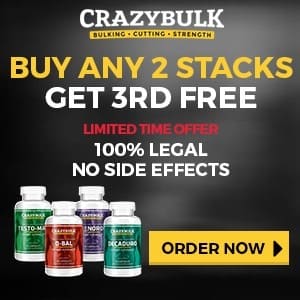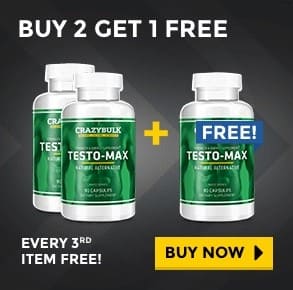
What is a Fake Supplement?
Although the definition of fake is quite obvious, distinguishing phony products from real supplements can be quite hard. False supplements tend to carry labels identical to those used on their legitimate counterparts. While there could be minor distinctions in the wording and design of labels, the most significant difference between the two is the effectiveness. Still, there are a few guidelines that will help you ensure that you get what you’re actually paying for.
Independent Verification
When shopping, check for certification by an independent body on each product’s label. There are a few trustworthy entities that test supplements and steroids to verify whether the listed ingredients are included as specified. They also check for the presence of harmful contaminants and adherence to FDA best manufacturing practices.
Only Buy from Brands that Provide Contact Details
While this may sound odd, there are lots of brands that don’t provide any kind of contact info on their products. At times, the companies could send the wrong supplements or even expired products, albeit by mistake. Without any contact channel, there’s no way to inform them of the mistake. The presence of these details also enhances the brand’s credibility. When shopping, always check whether there’s a ‘contact us’ section. If there’s not at least a phone number or email to reach the company, take this as a suspicious sign and look for supplements elsewhere.
Check the Manufacturer’s Location
Although locally made supplements still show defects, bogus claims are more common among products originating from other countries. You should thus always check the label to see where the products you’re considering originated from. You should also check to see regions that have more stringent safety standards, particularly concerning the presence of contaminants in supplements.
Contacting dealers and asking vital questions pertaining to the production of various supplements also helps. Some of the inquiries you should be making include:
-Can the manufacturers provide certificates of analysis for every ingredient used?
-Are raw materials sourced directly from producers or purchased from distributors?
-Are the products submitted to independent labs for testing?
Check for Product Reviews
Because reviews come from different consumers, they offer a good insight into what their consensus is with regards to the use of a certain supplement. If a good number of users claim that the product is effective, then it will probably work for you as well.
Still, you need to be cautious when using review sites. Examine the authenticity of each site you visit, and the reports from each consumer as well. Check whether the person has been verified as a legitimate buyer. Some dealers are known to offer incentives to individuals for positive reviews.
Untrustworthy reviews almost always look identical with bad grammar and spelling. Users will also not post any drawbacks or negative features on the products. Also, check whether the site/reviewer talks about a different supplement brand. Dishonest reviews will usually talk about products from a single brand.
In a nutshell, you should always be skeptical when shopping for supplements and steroids. Keep in mind that some companies are trying to scam you by selling you fake or tainted products. Always do your research prior to shopping.

